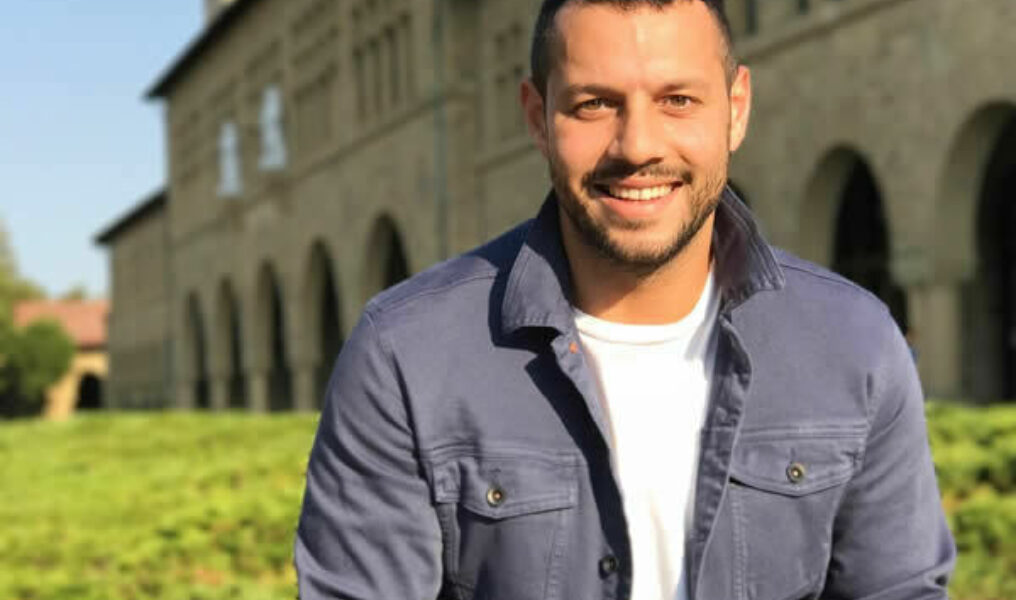Instagram and Facebook on July 10 announced they will ban conversion therapy content on their sites, following a block on ads promoting the practice earlier this year.
This announcement comes on the heels of the U.N. formally calling for a global conversion therapy ban.
Mathew Shurka, co-founder of Born Perfect, a project run by him and the National Center for Lesbian Rights that is dedicated to ending conversion therapy, worked with Instagram and Facebook to create a system to identify content promoting the practice. Shurka also worked with Victor Madrigal-Borloz, the independent U.N. expert on LGBTQ issues, in preparation for the global call to end conversion therapy.
Shurka said this ban will protect LGBTQ people from viewing misleading or convincing content promoting conversion therapy. Social media sites have become a platform for promoting the practice, and he said this ban can eradicate that spread.
As a survivor of conversion therapy, Shurka said this call by the U.N. and social media content ban is "incredibly important" for LGBTQ rights on a global scale.
"When I was in conversion therapy and lost and confused, I literally had no resources," he said. "Now you have the U.N. being really clear on a global level that this is something that has to end, and we're going to push forward in advocating for that … It's just the world of a difference as a survivor for me, and I really do think it will save lives and save families from ever choosing to go down that path."
Amie Bishop, a senior research advisor with OutRight Action International, said this action by Instagram and Facebook is a step towards "multi-sector involvement" in banning conversion therapy.
"Bans, at any level, that are successful in blocking access to harmful programs and interventions is really very important," Bishop said. "This move by Instagram and Facebook represents another dimension of bans — now it's the private sector also getting involved."
Bishop also said for this action to make an impact in eradicating conversion therapy, the fundamental discrimination embedded in societies and cultures needs to also be recognized. Shurka and Bishop both said they hope this action inspires other companies in the private sector to get involved in eliminating conversion therapy practices, especially other social networking sites.
Algorithms need to be adapted, experts say
Shurka said creating the algorithm to detect anti-LGBTQ content was a "complicated" process of identifying simple sentences and key phrases that suggest conversion therapy while resisting making the language restrictions too broad. Phrasing on the practice was analyzed from across the globe and evaluated in multiple languages, as well.
Bishop said many sites and organizations that promote conversion therapy employ deceptive phrasing and utilize misleading marketing tools, such as including Pride flags in anti-LGBTQ content. The National Association for Research and Therapy of Homosexuality, for example, changed its name to the Alliance for Therapeutic Choice and Scientific Integrity in 2014 to appear more "choice" focused and scientifically backed.
In order to maintain the ban and protect LGBTQ individuals against conversion therapy content, Bishop also said social media platforms will have to keep up with the ever-changing branding.
"There's always going to be new content coming out that may be less obvious at the beginning that it's harmful," she said. "That's going to be the challenge, that you're keeping up with the evolution of terminology and branding to ensure that things aren't slipping through."
Shurka also said conversion therapists use language that can be misleading, such as "gender wholeness" or "sexual wholeness" to market the practice.
Critics' expectations low
Wayne Besen, the founder of Truth Wins Out, said he applauds the companies for announcing this ban, but said he wants to see action before calling the effort a victory.
Truth Wins Out is a non-profit organization that specializes in uncovering "ex-gay" conversion leaders' claims, advocating for anti-LGBTQ media to be taken down and providing platforms for survivors of conversion therapies to share their stories.
Besen said he is unsure if social media companies would make the effort to sort through conversion therapy content because they rarely police white supremacy and other hateful content.
"If they're not going to be able to address neo-Nazis and white supremacists, are they going to be serious about ex-gay conversion therapy?" he said.
Besen also said content on conversion therapy is only "five or 10 percent of the problem" online, and anti-LGBTQ activity is still rampant and harmful on digital platforms.
"I want to see action. I don't want to see this as a PR stunt at a time when they're under increasing pressure," he said.
This article originally appeared in the Washington Blade and is made available in partnership with the National LGBT Media Association.










